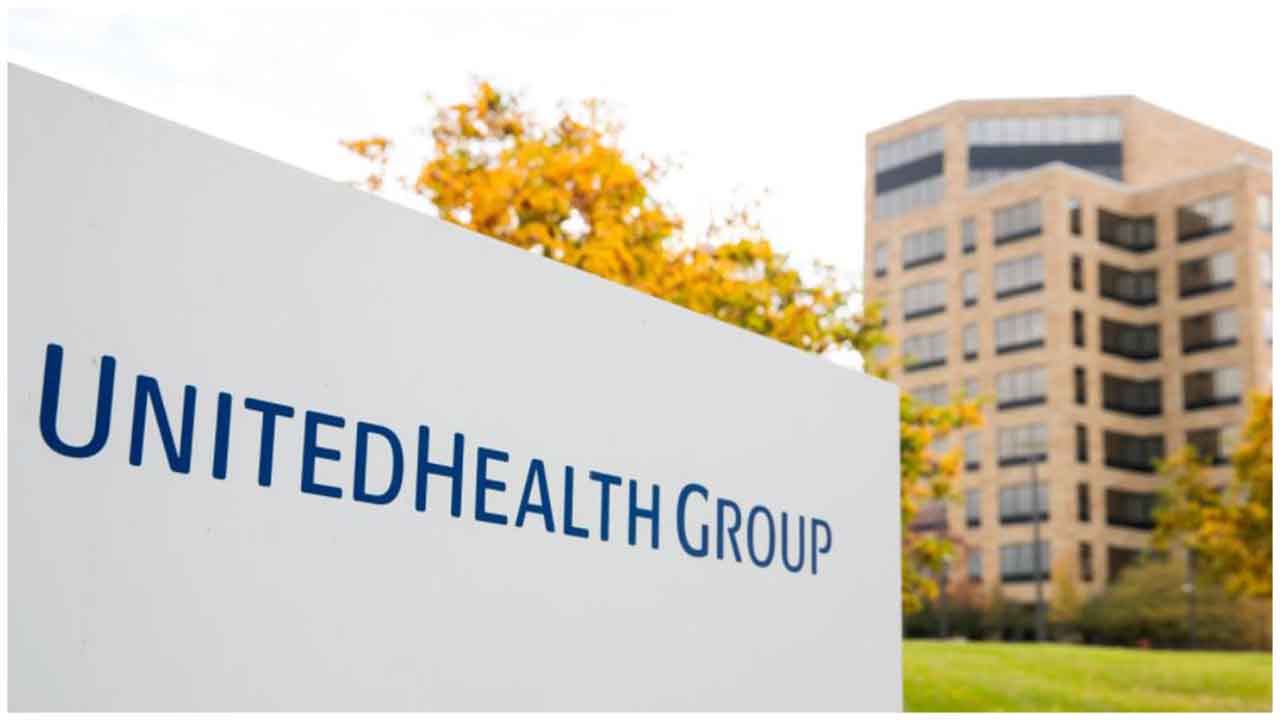UnitedHealth Group has launched a first-of-its-kind program designed to support employees, and boost the critically low number of live-organ transplants. The HERO Program™ (Helping Employees Receive Organs) addresses critical barriers to living donation by providing up to $12,000 in financial support, both in lost wages and travel and lodging, to individuals outside UnitedHealth Group who donate a kidney, liver or bone marrow to a company employee or family member enrolled in an eligible employer-sponsored medical plan.*
According to the American Society of Transplantation (AST), 96% of living donors experience financial hardship due to lost wages and travel and time away from work. To remove this barrier, The HERO Program pays the eligible living donor up to $6,000 for lost wages associated with the donation event and recovery period.
The HERO Program also pays up to $6,000 of travel and lodging expenses for the living donor and a companion, starting with the donor’s initial evaluation to determine suitability for the transplant surgery. The benefit continues through follow-up care for up to two years after donor surgery. Donors who qualify for both types of support can receive up to $12,000, and they do not need to be enrolled in a UnitedHealthcare plan.
Inspiration for creating The HERO Program came from two employees from Optum, part of UnitedHealth Group, who wanted to empower more living donors to step forward and provide a life-saving gift to employees.
“My brother gave me the gift of a kidney donation and did so despite the financial implications. At UnitedHealth Group, we know it doesn’t always work out that way, that the financial barriers are significant, and that living-donor transplants have better clinical outcomes,” said Andrea Deanovic Schmidt, OptumHealth Transplant Resource Services product director and The HERO Program co-creator. “We believe if we can continue to remove financial barriers, we will save lives.”
The HERO Program has already helped two living donors shoulder the financial burden associated with transplantation since its launch in June.
“We believe the decision to serve as a living organ donor should be financially neutral,” said Dr. Jon Friedman, Fellow of the American Society of Transplantation, OptumHealth Medical Benefit Management chief medical officer and co-creator of the program. “This vision is shared by the AST and we are thrilled to launch The Hero Program in parallel with the AST Living Donor Circle of Excellence. Together, we hope companies will follow our lead and are eager to connect with any company to help them implement this program. This program will save lives and offers a significant value to the employer.”
UnitedHealth Group is planning to share the financial and legal models it used to launch this program with any employer that is interested in extending this life-saving benefit to their employees and potential future living organ donors. Interested companies can contact UnitedHealth Group or the AST to learn more.
About the American Society of Transplantation
The AST is dedicated to advancing the field of transplantation and improving patient care by promoting research, education, advocacy, organ donation, and service to the community.
UnitedHealth Group is the founding member of the AST Living Donor Circle of Excellence. The newly established program aims to recognize companies that implement policies that provide financial support to employees who choose to be a living organ donor and/or others from outside of the company who donate to an employee in need of an organ transplant, thus eliminating financial barriers associated with living organ donation. Learn more about the AST Living Donor Circle of Excellence.
About UnitedHealth Group
UnitedHealth Group (NYSE: UNH) is a diversified health care company dedicated to helping people live healthier lives and helping to make the health system work better for everyone. UnitedHealth Group offers a broad spectrum of products and services through two distinct platforms: UnitedHealthcare, which provides health care coverage and benefits services; and Optum, which provides information and technology-enabled health services. For more information, visit UnitedHealth Group at www.unitedhealthgroup.com or follow @UnitedHealthGrp on Twitter.

 According to the American Society of Transplantation (AST), 96% of living donors experience financial hardship due to lost wages and travel and time away from work.
According to the American Society of Transplantation (AST), 96% of living donors experience financial hardship due to lost wages and travel and time away from work.









.jpeg)
















.jpg)


